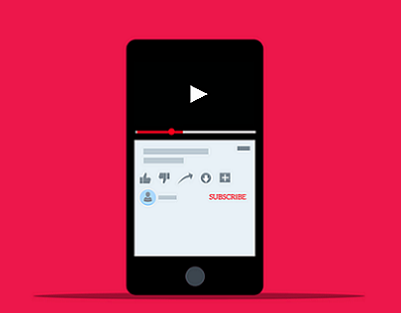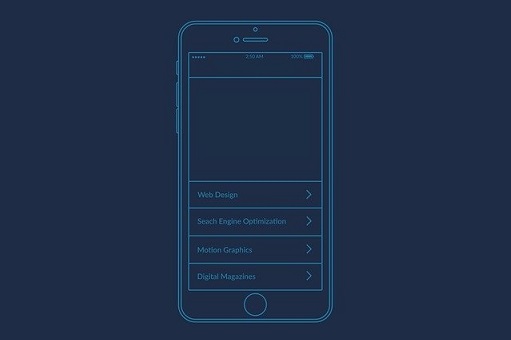There were 856,000 mobile connections in Guyana in 20191. Over the past four years, this number has increased significantly. The covid pandemic accelerated the adoption of mobile usage.
This is why it is crucial for Guyana businesses in 2022 to have a mobile web presence. You should work with a mobile app design and development agency in Guyana to ensure you capitalize on the growing number of mobile users in Guyana.
There are a lot of different ways that you can ensure users get a quality experience interacting with your brand on mobile phones. One of the main decisions you need to make is choosing between whether to create a native mobile app or a web app for your business. Your app development agency will be able to guide you when making this choice. This article will help you get a basic understanding of what is a native app, what is a web app, and their pros and cons.
What is a web app?
A web application is software or an application that runs on a mobile phone or any other smart device via a web browser. Instead of the software being stored on the device, it is stored on a local server and is delivered to the device via its browser. For the user, this means that they go to a particular website and can start using the application from their preferred browser like Chrome, Safari, etc.

Some popular examples of web applications are Google docs and Netflix. It’s important to understand the difference between a web app and a mobile website. For example, a mobile website will only load on a browser when it is opened from a mobile device. A web app will load on a browser regardless of the device. So, Google docs will load the web application whether you are accessing it from your phone, tablet or computer.
Alternatively, if you open Facebook on a mobile phone’s browser it will redirect you to their mobile website m.facebook.com, but if you open it on a computer, it will take you to their standard website.
Building a mobile website or ensuring your current website is responsive is the first step to having a mobile presence. Talk to your app design and development agency about your current online presence, so they can help you decide if you need to do more work on your existing website or if you are ready to start app development.
What is a native app?
A native app is an application that is stored on a mobile device, hence the term ‘native’. If you have ever gone to an application store like Google’s Play Store or Apple’s App Store and downloaded an app, you have used a native application. Netflix, along with its robust web application, also offers a native app which you can download from an app store. As an exercise, you should try using both the Netflix web app and their native app to better understand the differences between the two.
Native applications are created for specific platforms. The two most popular platforms are Android and iOS. This means that your mobile application development agency will have to create two different applications for Android and iOS. Many businesses choose to start with one platform and then expand to another. This is why you will see businesses mention if the app is available for Android and iOS.
Based on your customer base your mobile app design and development team will help you decide whether to start with Android or iOS.

Native vs Web App – Which is better?
There is no simple answer to this question. The answer depends on what type of presence you want to build, the purpose of your business, the type of users you have, your budget, and many other factors.
Pros and cons of a web app
A web app is easier to build, hence can be made faster and costs less. It offers users greater interoperability as all their information is saved on external servers, so they can use the web app from any device that has a supporting browser.
The downside is that access to the internet will be required for users to use a web app. If a browser is out of date, it can cause issues with the web application’s stability. It also means that you as a business will have to bear the cost of maintaining servers with space for user data.
Pros and cons of a native app
Native apps can be used offline. They are more stable and can be optimized for particular devices and operating systems. Developers will be able to take full advantage of the features available with a particular OS. They are generally more stable and create stronger brand loyalty.
Having a native application gives businesses more credibility in the eyes of users. The downside is that there is a higher upfront investment of cost. These applications use more complex technologies and languages and hence require experienced app designers and developers.
Now that you have an understanding of the two main options you can choose from for a mobile presence, you should work with a mobile app design and development agency like Webfx. We help customers choose the best option for their business and focus on creating quality solutions for them. Contact us to learn more.
Source:
- N.d., “Telecommunication in Guyana”, Worlddata, [available online], available from: https://www.worlddata.info/america/guyana/telecommunication.php, [accessed Oct 22]
Location - Guyana



